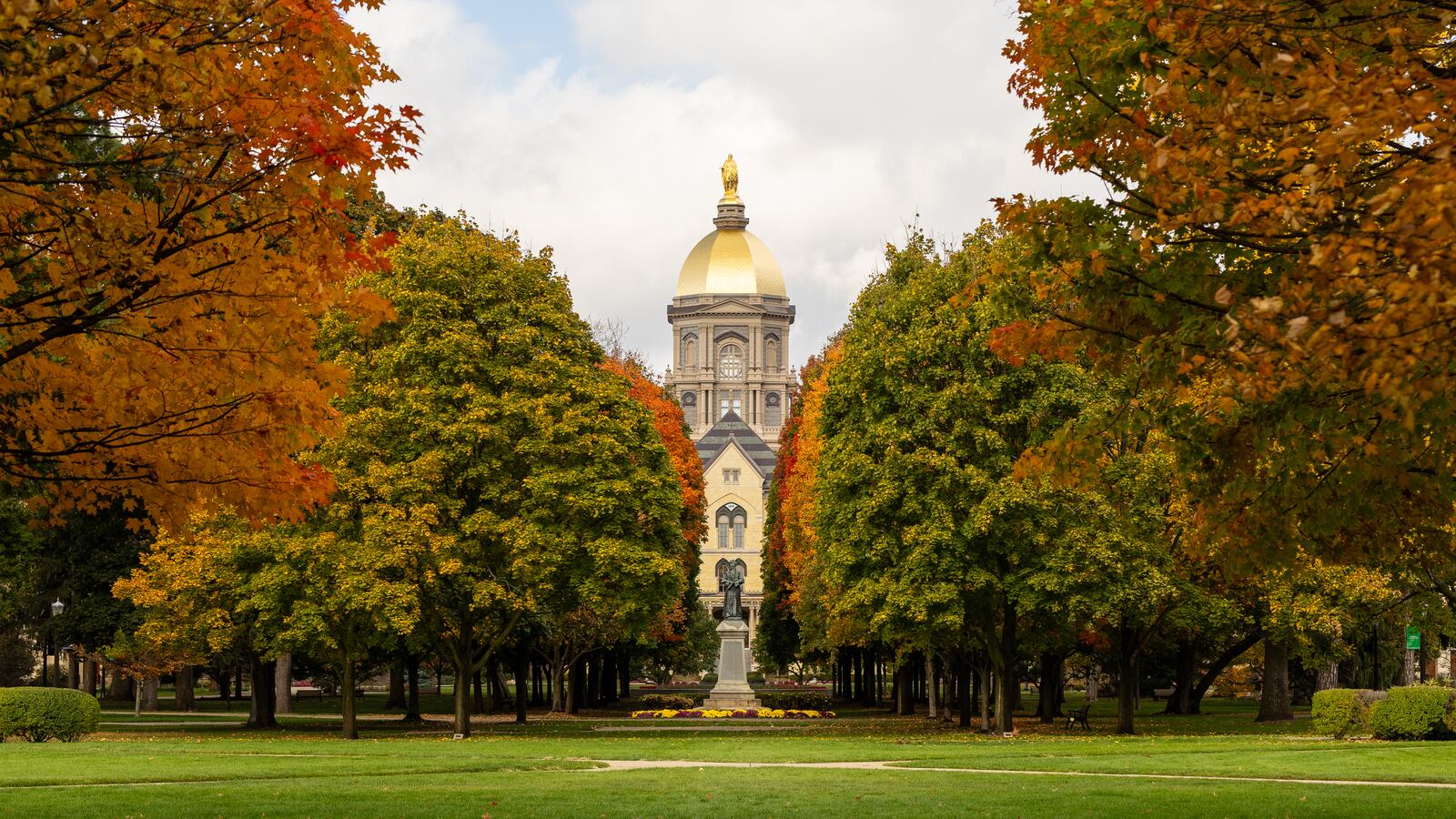Recent filings from an Illinois lawsuit have lifted the lid on how U.S. colleges allegedly impose massively more lenient application requirements on wealthier applicants.
First brought in 2022 by alumni of seventeen Ivy League universities, the complaint initially claimed those higher education establishments had engaged in a nationwide price-fixing conspiracy over financial packages for students, The Wall Street Journal reports.
While twelve of those schools have since settled, the suit’s plaintiffs on Tuesday submitted an application for class-action status against the five remaining institutions: Georgetown, Notre Dame, University of Pennsylvania, MIT and Cornell.
Among the claims made in the filings are that a former president at Georgetown compiled ‘special admissions lists’ based not on applicants’ academic transcripts, but their parents’ donation history.
Meanwhile at MIT, a board member is accused of leaning on the college to admit two children of a former business associate, with a Notre Dame enrollment officer also quoted as having told colleagues, “Sure hope the wealthy next year raise a few more smart kids!”
The allegations—for which the plaintiffs are claiming $685 million in damages, and which could rise up to $2 billion under federal antitrust laws—have overtones of the so-called ‘Varsity Blues’ scandal that engulfed several high-profile business figures and Hollywood stars, including Felicity Huffman and Lori Loughlin.
That legal saga began in 2019 when federal prosecutors publicly announced charges related to a seven-year, estimated $25 million scheme, orchestrated by William Rick Singer, to fraudulently alter entrance exam scores and bribe officials at top U.S. universities on behalf of more than 50 parents.
Remarkably, Singer, who eventually served 16 months in a federal facility, has recently announced his intention to return to his previous role as college admissions consultant.
Earlier this year, Huffman publicly addressed her role in the scheme, admitting in an interview with The Guardian that “I did it” and that “it felt like I had to give my daughter a chance at a future, and so it was sort of like my daughter’s future, which meant I had to break the law.”
Loughlin, who served a two-month prison sentence, appears to have adopted a somewhat more blithe view of the scandal. “That’s life,” she said in an April interview. “Stuff happens to everyone. We’ve all been in positions to ask for forgiveness but to ask for it, you have to learn and know how to give forgiveness, too.”






